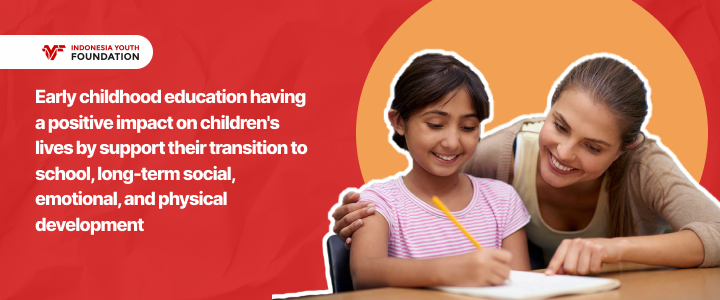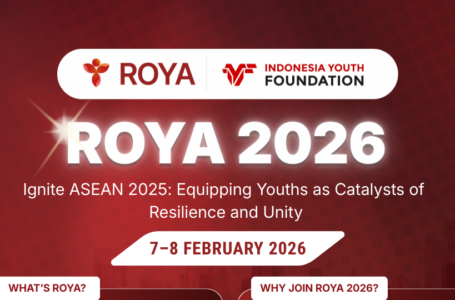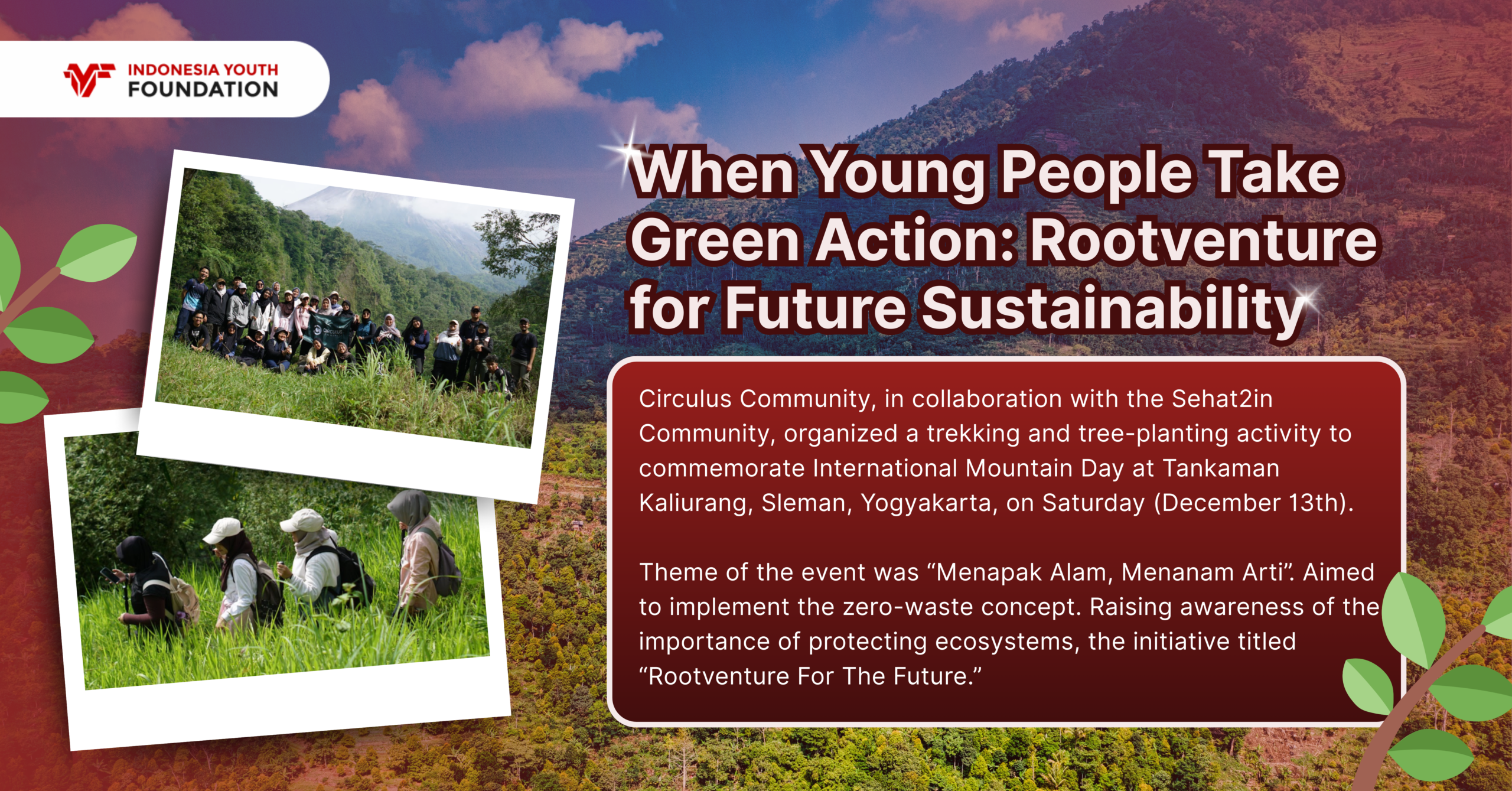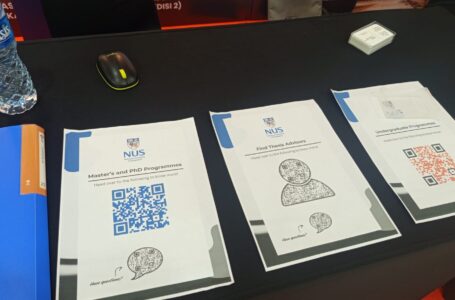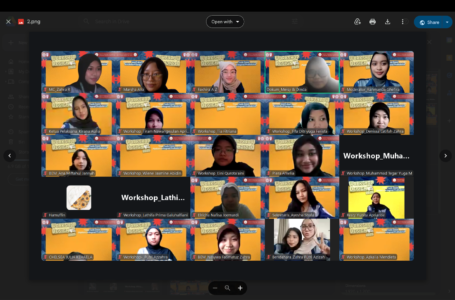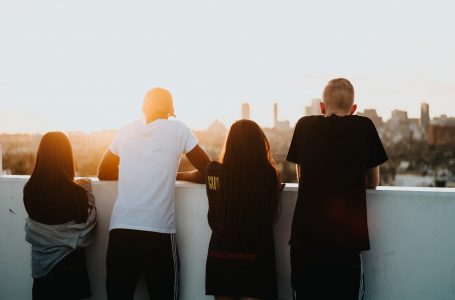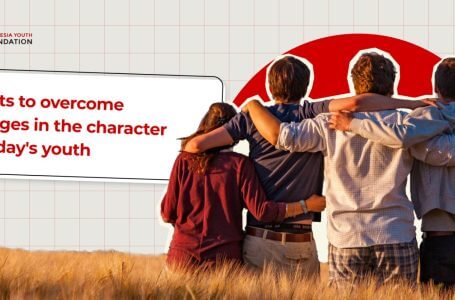Early childhood education shapes children’s self-perception, influencing their approach to situations, tasks, and relationships.
In a world passionate about child nurturing, Kids R Kids, The World’s First Childcare, faces a rising birth rate tide.
“HUG FIRST, THEN TEACH” their most cherished principle defines the outlook on impacting a child’s well-being beyond the classroom.
With unwavering dedication, Kids R Kids’ passion drives their work for children’s well-being and development. As birth rates surge, they witness a societal shift where both parents increasingly engage in the workforce. Their role goes beyond daycare, as they shape young minds and foster growth in early education.
How Kids R Kids contribute to early childhood education
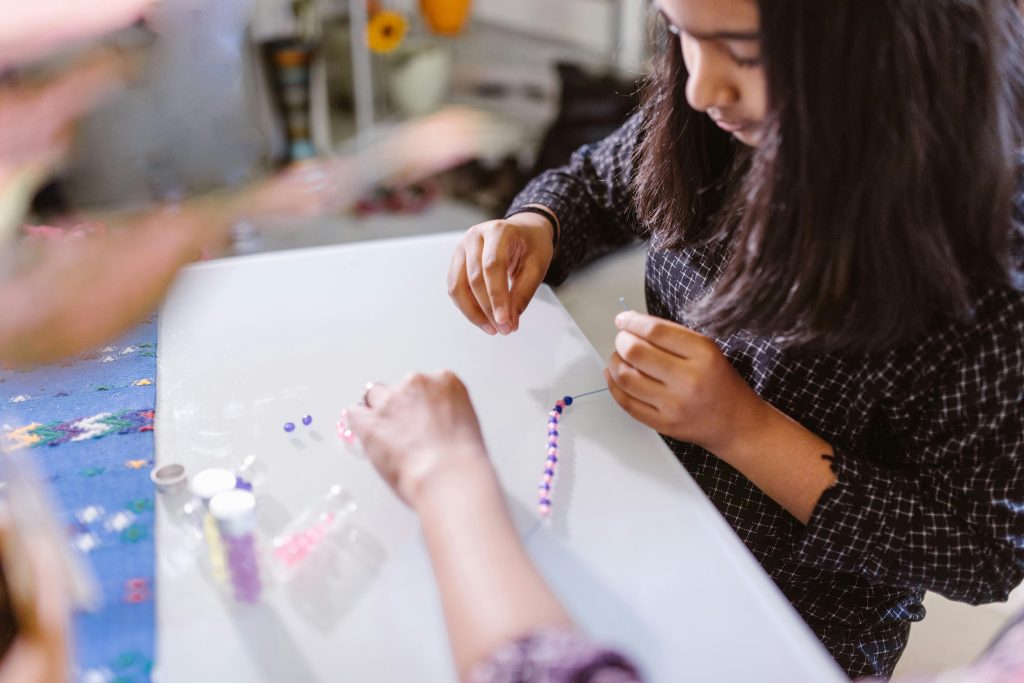
At the heart of their approach lies a dedication to crafting enriching experiences that captivate young minds and ignite their passion for learning. Through the STEAM AHEAD curriculum, Kids R Kids offer a dynamic blend of science, technology, engineering, art, and math, designed to immerse children in a world of exploration and discovery. From hands-on experiments to creative projects, their innovative programs foster critical thinking, creativity, and problem-solving skills, laying a strong foundation for future success in an ever-evolving world.
The best start in childhood life
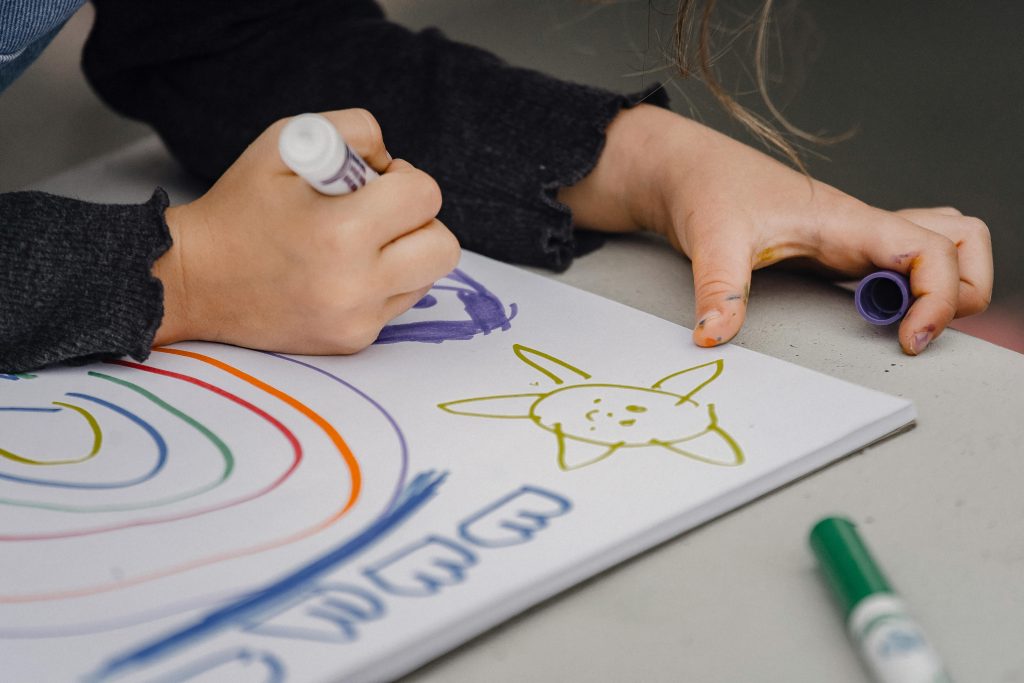
During these formative years, children are like sponges, eagerly soaking up knowledge, skills, and values that will shape their future. Research consistently shows that children who participate in high-quality early education programs exhibit greater self-confidence, enhanced problem-solving abilities, and improved social skills. By providing opportunities for structured play, hands-on learning experiences, and positive adult interactions, early childhood education cultivates well-rounded individuals who are better equipped to navigate the complexities of the world around them.
Early childhood education teach their actions create results

Early childhood is crucial as children grasp cause and effect through actions. Whether they push a bowl of food off the table or tear down a tower of blocks. By observing the outcomes of their actions, they learn to anticipate consequences and make informed decisions. This process not only fosters critical thinking but also enhances their understanding of the world around them, empowering them to navigate challenges and make meaningful contributions to their environment.
Giving them a social opportunities
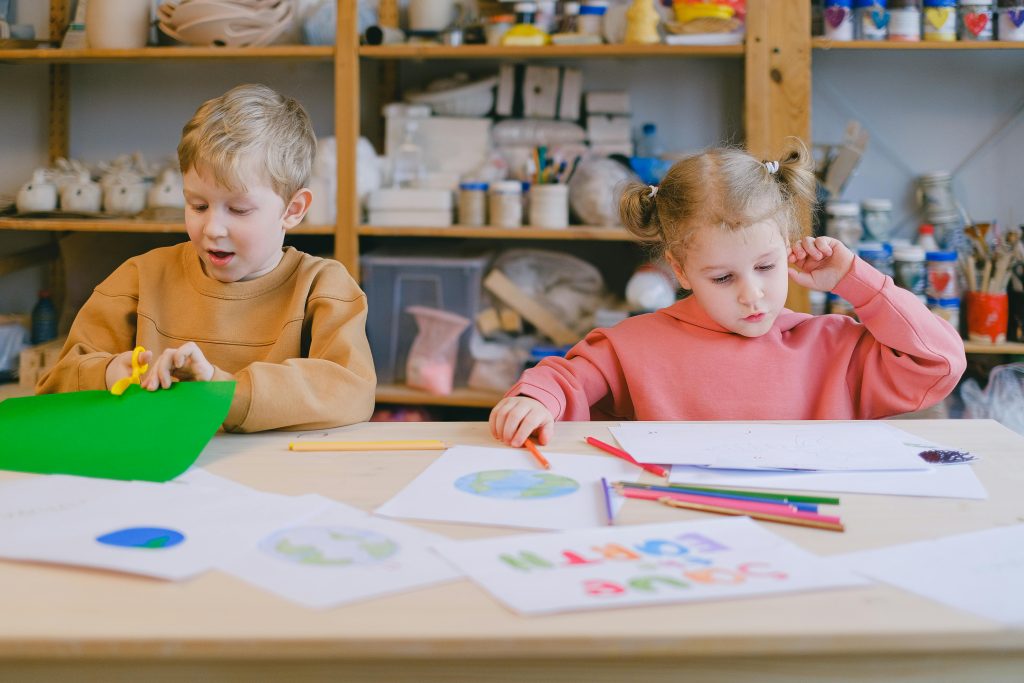
It’s not just about ABCs and 123s; it’s a lively social playground where kids explore friendship, cooperation, and empathy. Early childhood education provides a diverse and inclusive environment where children encounter peers from various backgrounds, cultures, and perspectives. This tapestry of diversity not only promotes acceptance and understanding but also cultivates empathy and compassion. Through collaborative projects and idea exchange, children appreciate unique qualities, fostering mutual celebration of differences.
check out other articles https://indonesiayouthfoundation.org/effective-tips-for-finding-non-profit-organizations-a-practical-guide-to-discovering-opportunities-to-contribute/
